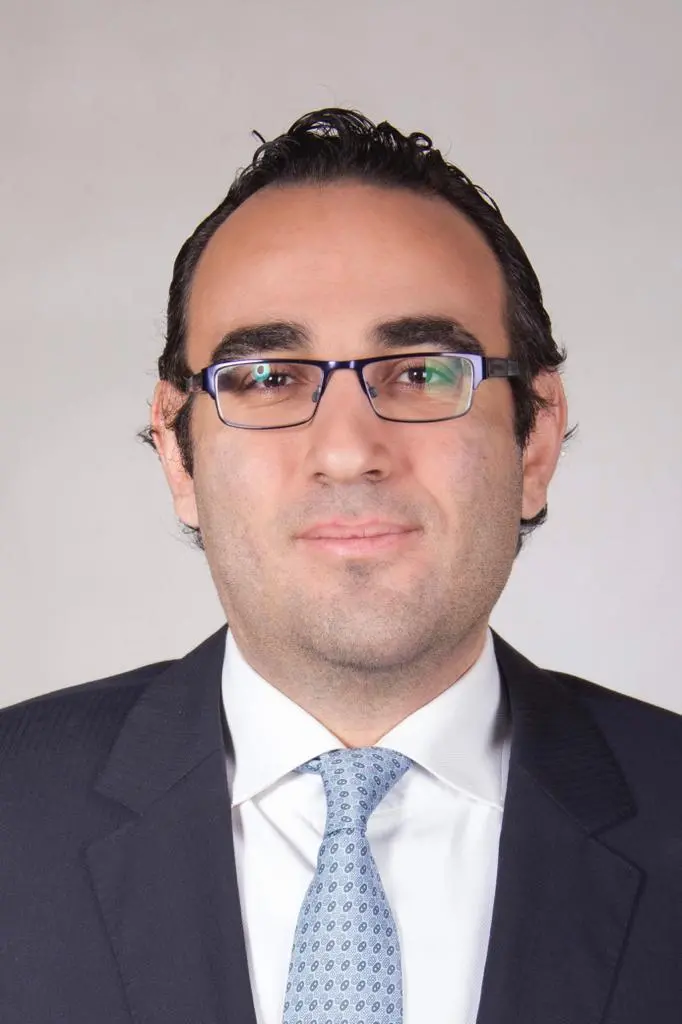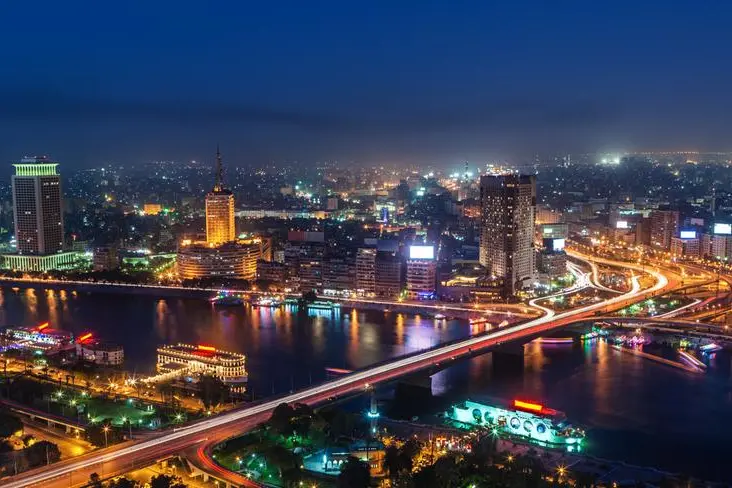PHOTO
Although 2022 is coming to a close, the compounded impact of global inflation and deteriorating forex has made it hard for the management of Egypt’s Arabian Food Industries Company, widely known as Domty, to set clear goals for 2023, according to CEO Mohamed El Damaty.
In normal circumstances, Damaty told Zawya, the budget for next year would be finalised by now, but that has not been the case this year. “You could put so much effort in something that might end up not happening,” he said. “We do not really know what is going to happen tomorrow.”


The spillover from the Russian–Ukrainian war has imposed tremendous pressure on the Egyptian economy. Capital outflows and the rise in global food and energy prices have widened the gap in Egypt’s balance of payments and led to further depreciation of the local currency. In March, the Central Bank of Egypt allowed the Egyptian pound to depreciate by 10 percent, from 15.7 to 17.5, against the greenback. Since then, the pound has been moving downward to a low of 19.7. In September, inflation reached a four-year high of 15 percent.
“We are dealing with a double whammy,” said Damaty. “On the one hand, global prices of raw materials have gone up because of the war and the pandemic, and on the other, the [Egyptian] pound has been losing value against the dollar.”
At least 60% of Domty’s raw materials, namely formula milk, milk protein concentrate, Tetra Pak packaging and oil, are imported and denominated in USD, Damaty explained.
Besides the rising cost of production, the company sometimes finds itself facing a drop in some raw materials because of the shortage in hard currency and delay in imports. Last month, its factory stopped operating for nearly five days because of a shortage in oil, Damaty said.
Survival Strategies
To avoid further stoppages, the management has come up with some manoeuvring strategies.
“When there is a shortage in certain raw materials, we focus on increasing our output of other products that can be stored for later until the missing raw materials become available,” Damaty said.
Domty has five product categories: white cheese, juices, bakery goods, dairy products and processed cheeses. White cheese, which is a key staple for most Egyptians, represents 55 percent of Domty’s production. The company alone has a 40 percent share of the white cheese market. Despite the grim outlook, Damaty ruled out any disruptive shortage in this crucial product. “We have production capacities and large reserves. God willing, there won’t be any shortage in the market,” he said.
Since last year, Domty has raised its prices by 50 percent. “The situation is not easy at all. It requires daily follow-up and planning,” Damaty said. “We raise prices as promptly as possible so that our profitability does not get severely affected. We also try to be as efficient as possible in terms of our expenses as well as our distribution.”
The company is expected to close the year with EGP 5 billion in revenues and at least EGP 220 million in profit provided there is no sharp currency depreciation until December, Damaty said. He noted, however, that the situation in Egypt is “very foggy”: “Even if your production is going fine today, you are anxious about tomorrow.”
Despite the uncertainty, the company is moving ahead with its capacity building and product diversification plans.
“We believe that bakery and on-the-go products are the future,” he said, adding that the company has already invested EGP 120 million in two new production lines, one for croissants and another for filled sandwiches. Both lines are expected to kick off within the first quarter of 2023.
Domty was founded in 1990 as a Damaty family business. In March 2016, the company launched an IPO to sell 49 percent of its capital at an opening price of EGP 9.2 per share. Last month, a consortium led by the Damaty family bought most of the publicly traded shares at EGP 3.5 each. Only 11 percent of the shares remain on the stock market.
“In 2016, I never fathomed that one day I would be buying the company back,” said Damaty. “However, the Egyptian stock market is facing a catastrophic situation. The valuation of all companies, not just Domty, has been going down. So, we saw it as opportunity to buy more shares.”
IMF Loan: The Only Resort?
For months, the Egyptian government has been immersed in talks with the IMF to secure a loan. Last week, an IMF spokesperson said that the Egyptian authorities and the IMF staff were close to reaching an agreement.
“Unfortunately, we are left with no option other than reaching an agreement with the IMF,” he said.
However, Damaty warned of a full reversal of all import restrictions that have been set in place by the Central Bank in recent months.
“You cannot relax all import restrictions; otherwise, the exchange rate will reach unattainable levels,” Damaty argued.
“Class disparities are huge in Egypt. There is a class that could afford imported consumer goods even if the exchange rate reached EGP 30. However, such a situation would make it impossible for other classes to afford a cube of cheese,” he added.
(Reporting by Noha El Hennawy; editing by Seban Scaria)





















